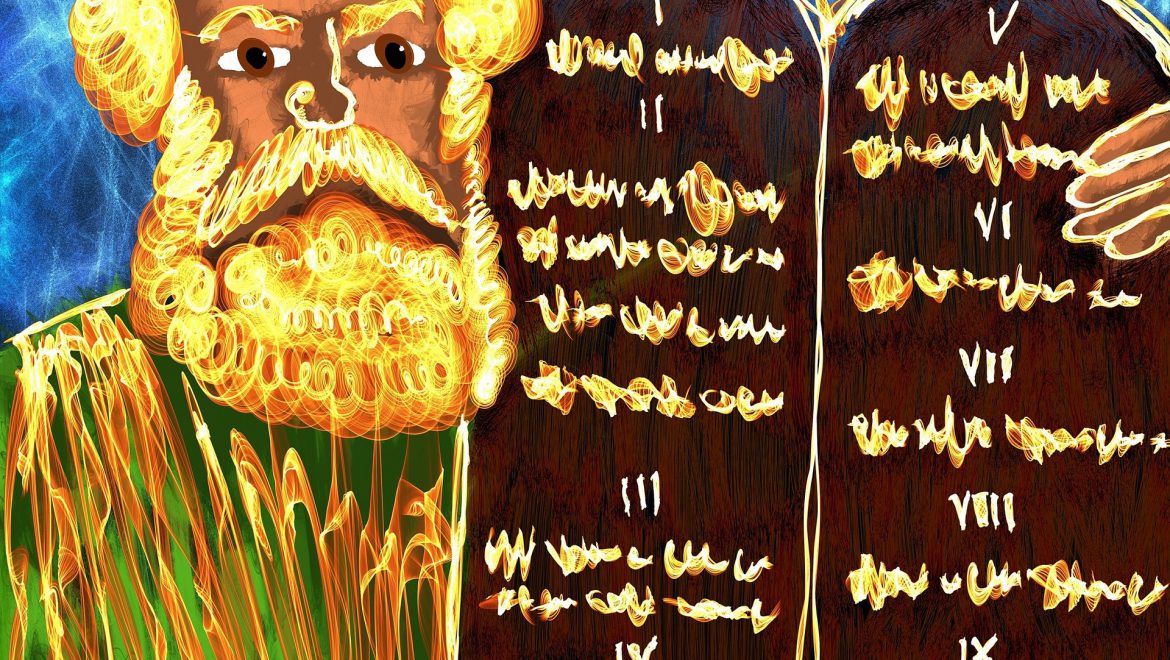
This blog post by Rabbi Adam Feldman explores the dual language of «shamor» and «zachor» used in the Torah to command the Jewish people to «remember» and «observe» Shabbat. Jewish tradition explains that one of the reasons for lighting two candles on Shabbat is to honor both of these concepts. The author, spiritual leader of The Jewish Center, an egalitarian Conservative congregation in Princeton, New Jersey, suggests that lighting two candles for these two concepts signifies duality in the world and in the way in which we celebrate Shabbat.
Shamor and Zachor
On Friday nights, as we sing L’cha Dodi during our Kabbalat Shabbat service, I am often reminded of the connection between the first verse and a statement in this week’s Torah Reading. The verse is, «Shamor V’Zachor b’Dibur Echad» which is an attempt to make sense of the fact that when the Ten Commandments are listed in the Torah in Exodus and Deuteronomy, there is one word that is different in the commandment about Shabbat. In this week’s Parasha the commandment is Remember (Zachor) Shabbat and in Deuteronomy it is Observe (Shamor) Shabbat.
The Rabbis ask why the commandment of Shabbat is different in each section and how do these two words of Shamor and Zachor connect to one another. Zachor means to remember and comes from the same word as Yizkor or Zikaron. Shamor means to observe or to watch as in Shomrei Shabbat, those who observe the rules of Shabbat or Shomrim, guards who go on patrol.
The author of L’cha Dodi, was Shlomo Alkabeitz, a mystic who lived in Tzfat in Northern Israel in the 16th Century. He wrote L’cha Dodi to help us understand that God really uttered these two words in one breath: in other words, you really cannot have one without the other. But the Rabbis had this question: how come Shamor is first in the song when in the Torah Zachor comes first and Shamor comes later?
One answer is that Alkabetz wanted to sign his name into the poem so he chose Shamor to begin the first verse because the first letter of the word Shamor (Shin) is the same as first letter of the word Shlomo. To some, this answer seems way too narcissistic for a great mystic to decide to change the order just so that it would spell his name out. So instead, they offer that Shamor refers to commandments that are associated with nighttime, because when we think about things that we guard, we guard things in the evening when things get dark and they need protection and guarding. Therefore Zachor are things that we remember when we are awake during the day.
Our Rabbis point out that another reason for the two different aspects of Shabbat is to remind us of the duality of Shabbat. We can observe Shabbat individually or we can observe Shabbat connected to others. We can choose certain actions to do only on Shabbat and we can choose certain actions to put aside until after Shabbat. We can choose to observe Shabbat on Friday night or we can choose to observe it on Saturday. We can begin Shabbat with beautiful rituals and music and we can end Shabbat with beautiful rituals and music. That may be one of the reasons many of us light two Shabbat candles every Friday night.
When some people think of the rituals and observance of Shabbat, they think about the prohibitions – the things we are asked not to do. Others think of Shabbat as an opportunity to do things we do not have time to do during the week; spend time with important people in my life, have conversations on important topics, feel inspired from activities such as prayer, reading or singing. Life can be quite hectic for the other six days of the week and the observance of Shabbat can help us make it through those challenging times.
This all reminds me of my favorite quote about Shabbat that is credited to Ahad HaAm, the pre-State Zionist thinker. «More than the Jewish People have kept Shabbat, Shabbat has kept the Jewish People.»
Shamor V’Zachor B’dibur Echad – Observe and remember Shabbat: they are heard as one utterance, and together, they have the power to transform us.


